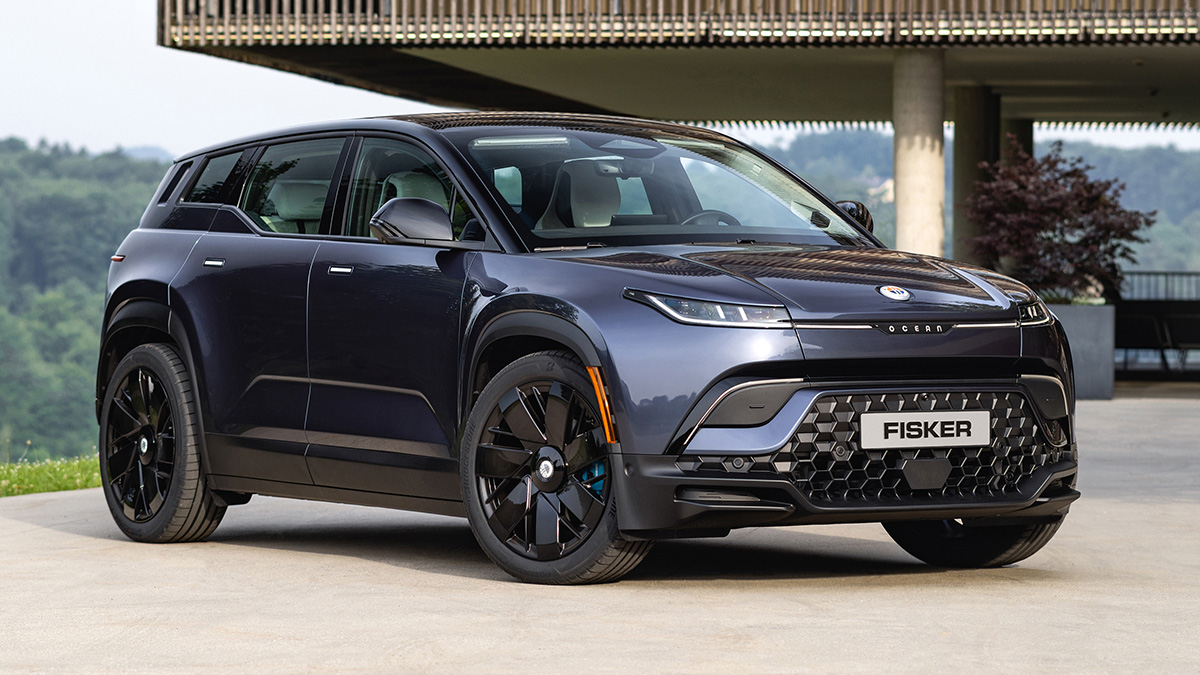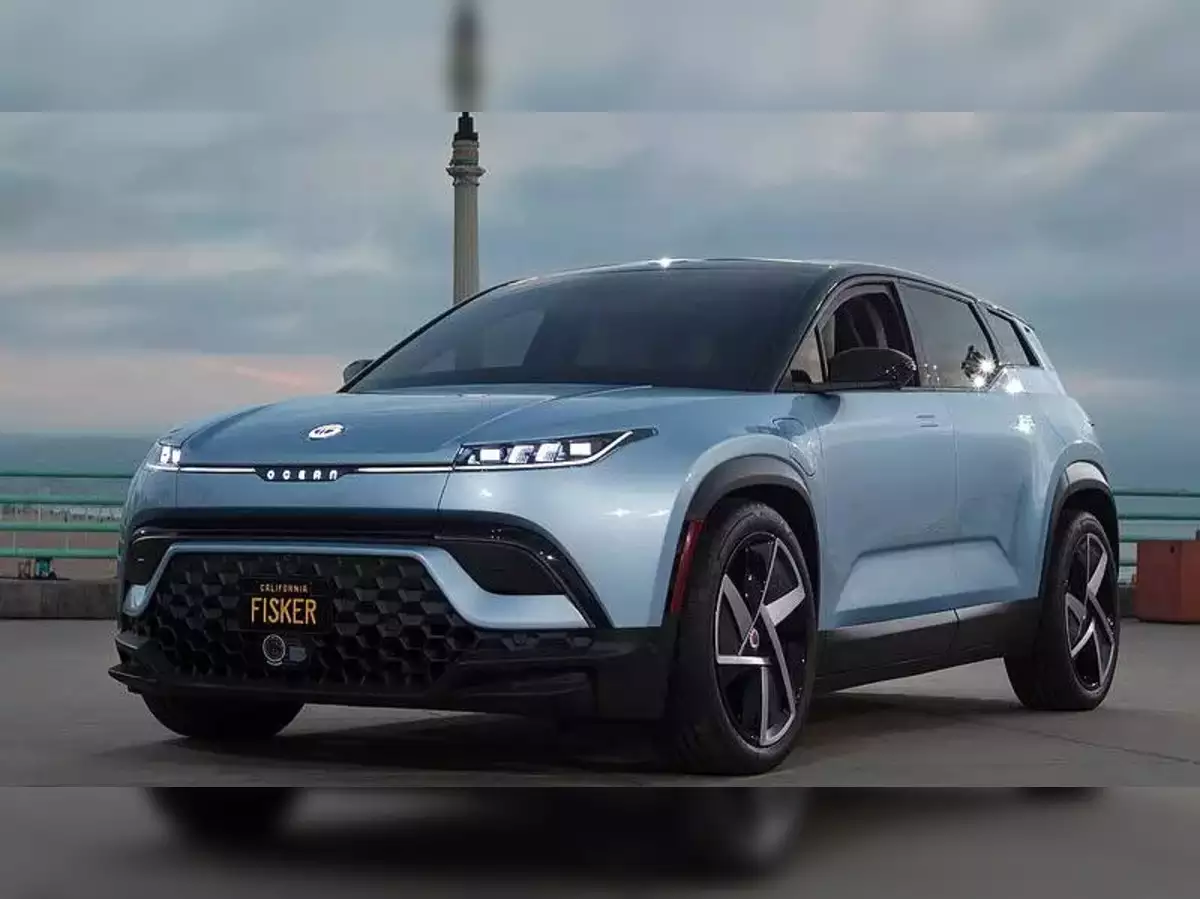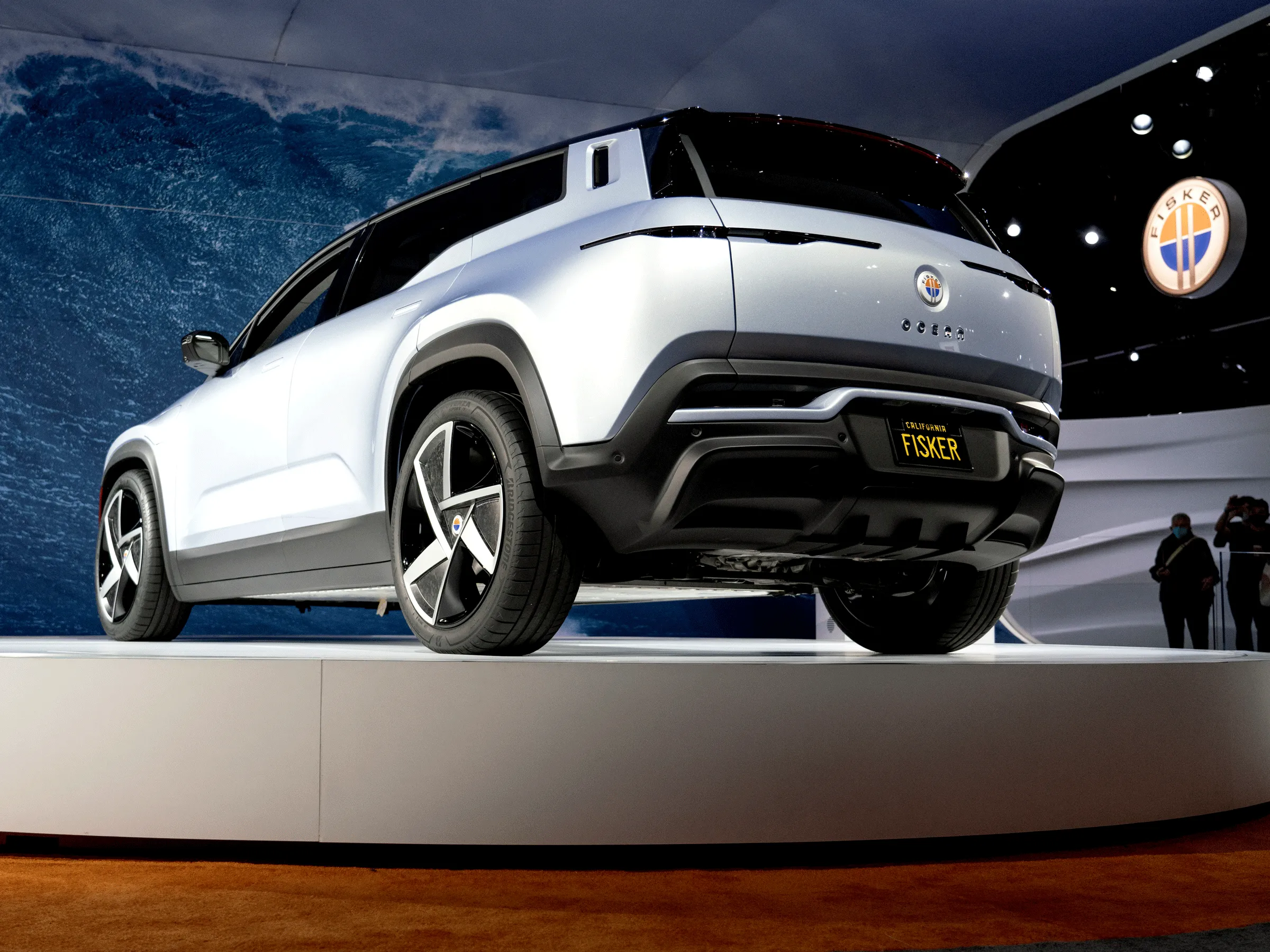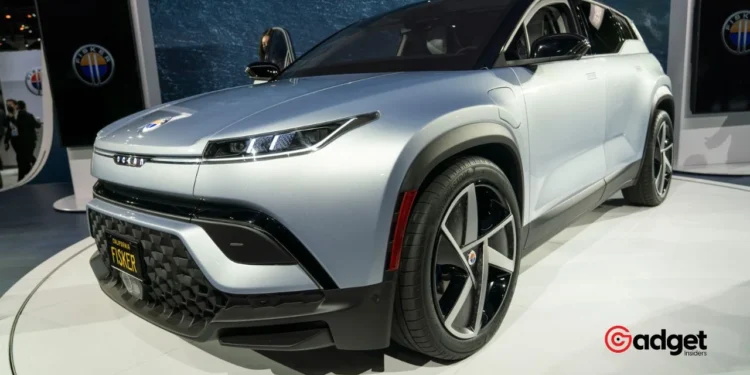In the electric vehicle (EV) industry, innovation and reliability are paramount. Fisker Inc., a name that once resonated with potential and innovation, is now overshadowed by controversy and setbacks. The company made headlines with the release of its Ocean SUV, a model they claimed would revolutionize the market. The Ocean SUV, with its sleek design and promising features, was supposed to be Fisker’s ticket to the big leagues.
However, a series of troubling developments have brought the company under scrutiny. Despite its initial buzz, the Ocean SUV has been plagued by quality issues, leading to a scathing review from a notable tech authority. These problems have been compounded by the company’s financial woes, with looming bankruptcy threatening its very survival. In a desperate move to stay afloat, Fisker has slashed the price of its flagship vehicle by tens of thousands of dollars, raising eyebrows about the sustainability of its business model.

Questionable Decisions and Logistical Nightmares
Recent revelations by InsideEVs have brought to light some concerning practices at Fisker. According to several former employees, the company has been cutting corners in critical areas, particularly in logistics and spare parts management. These former “Fiskerites” allege that the company had no substantial plan for stocking spare parts for the Ocean SUV. This oversight is particularly alarming given the company’s insistence on the vehicle’s perfection right out of the factory gates.
“No plan was ever made for service parts, no matter how much we asked,” one former employee disclosed to InsideEVs. By September, parts of the vehicle began to fail, and the company was ill-prepared to address these failures, leaving customers and their vehicles in limbo.
The Fisker Ocean SUV is under preliminary investigation by the National Highway Traffic Safety Administration (NHTSA) following reports of issues with its automatic emergency braking system. This probe targets 6,813 vehicles manufactured in 2023, prompted by complaints that the… pic.twitter.com/oU6SBgGzBj
— DriveGreenLiveGreen (@DriveGreen80167) May 12, 2024
A Partnership with Magna Steyr: A Double-Edged Sword?
To manufacture the Ocean, Fisker enlisted Magna Steyr, a renowned contract manufacturer known for its work with luxury automakers like Aston Martin and Mercedes. While this partnership meant Fisker could focus less on the hands-on aspects of production, it also led to an overreliance on the assumption that the vehicles would require minimal post-sale maintenance.

Dan Hearsch, a co-leader at AlixPartners Automotive and industrial, criticized this approach. He explained that it is standard practice in the industry to order surplus parts to prepare for inevitable issues such as part failures and accidents. “Automakers typically order more parts than they need from suppliers — predicting algorithmically which specific parts would fail and often be replaced,” Hearsch told InsideEVs.
The Road Ahead for Fisker
As Fisker navigates these turbulent waters, the path forward is fraught with challenges. The company’s strategy of relying heavily on a single product and an external manufacturer, while failing to prepare for routine automotive issues, could potentially alienate customers and investors. With the automotive world watching, Fisker’s next moves will be crucial in determining whether it can regain its footing or if it will succumb to the pressures of an increasingly competitive and unforgiving market.

In the realm of electric vehicles, where every component counts and customer trust is hard-won, Fisker’s tale serves as a cautionary story. The company’s journey from a beacon of innovation to a study in caution underscores the complex, often perilous path of pioneering in the EV space. As the industry continues to evolve, Fisker’s struggles may well be a litmus test for the sustainability of EV startups in a market that is as ruthless as it is promising.










